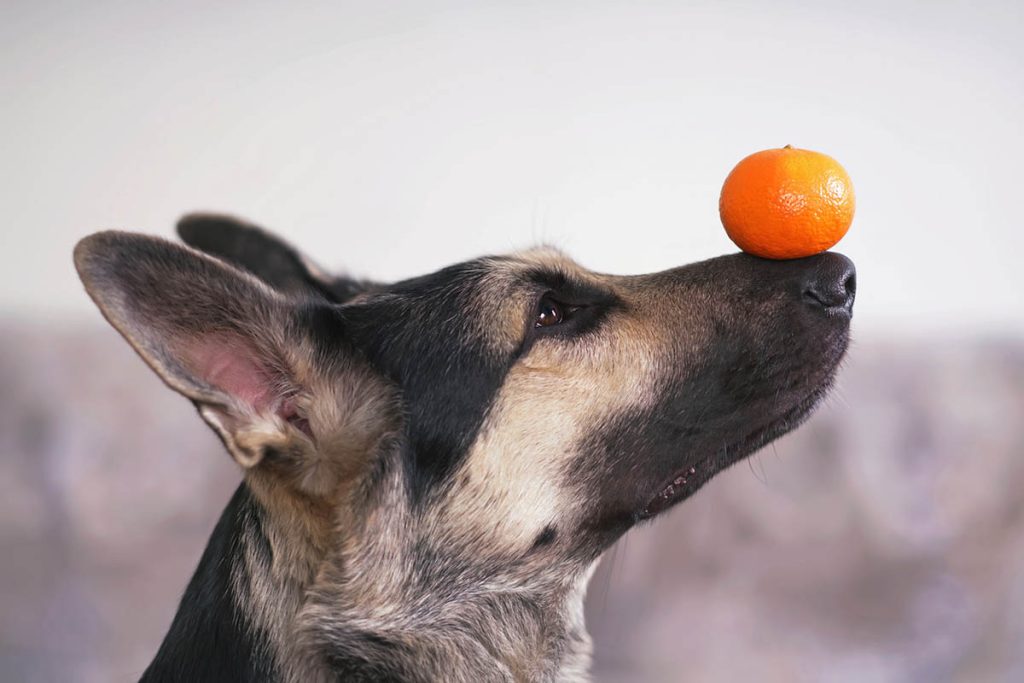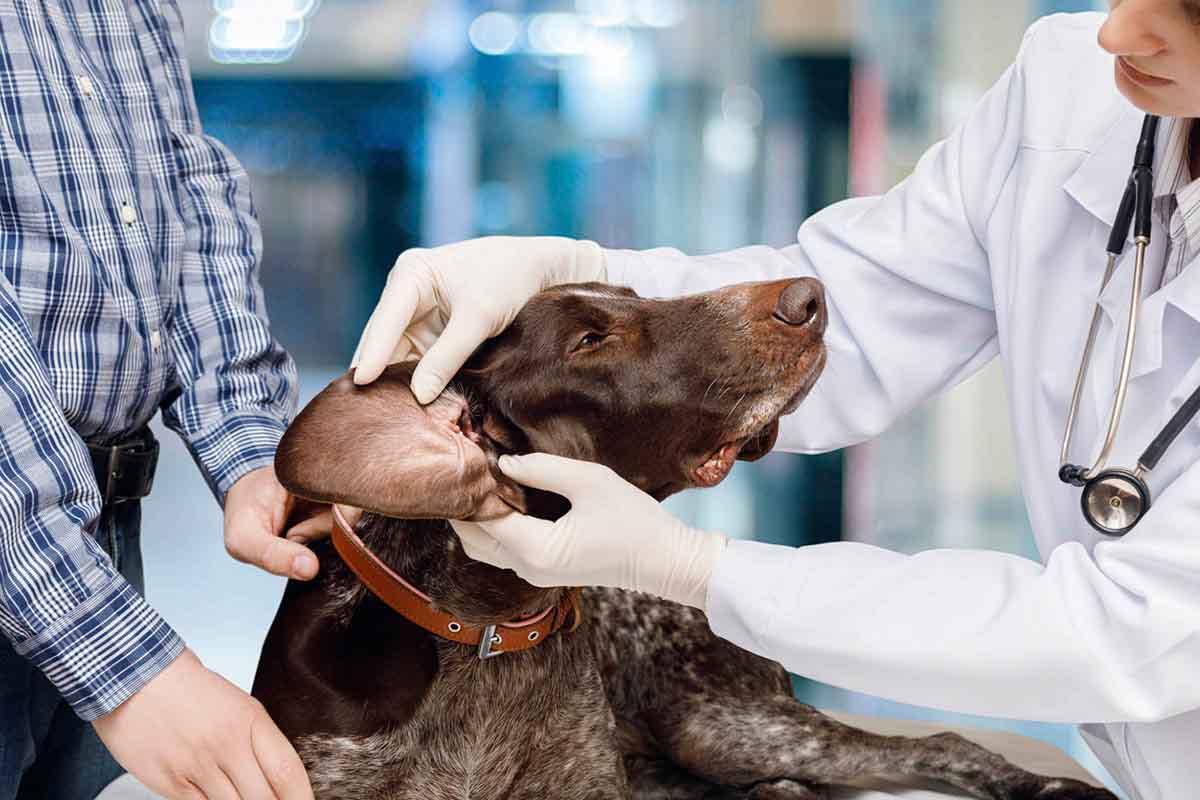Is Lemon Juice Powder Safe for Dogs? Expert Insights from Dr. John Tegzes
A board-certified veterinary toxicologist confirms lemon juice powder is considered non-toxic for dogs.
As pet parents, it’s natural to question every ingredient that goes into your furry friend’s food. One ingredient that has prompted some curiosity is lemon juice powder. So, is lemon juice powder safe for dogs? We reached out to board-certified veterinary toxicologist, Dr. John Tegzes, who confirmed that lemon juice powder is considered non-toxic for dogs.
What is Lemon Juice Powder?
Lemon juice powder is derived from dehydrating lemon juice. Unlike lemon essential oils, which can be harmful to dogs when ingested, lemon juice powder is generally safe under controlled amounts in dog food recipes.
Safety Assurance from a Board-Certified Veterinary Toxicologist
According to Dr. Tegzes, lemon juice powder is considered non-toxic and safe for dogs. Acceptability trials with our Fish & Sweet Potato recipe have confirmed that dogs tolerate the ingredient well, without adverse effects.
“Lemon Juice powder is a natural antioxidant and palatant that pairs well with our whitefish diets Fish & Sweet Potato & Hepatic Support Low Fat,” says Dr. Vincent Michels, a residency-trained DVM in nutrition and JustFoodForDogs’ Vice President of Veterinary Services and Research.
He continued: “I would support a claim that lemon juice and lemon juice powder are non-toxic to dogs, and we consulted with a board certified veterinary toxicologist, Dr. John Tegzes, who attested to its safety.”
Addressing Common Concerns About Lemons and Dogs
Are lemons bad for dogs? It’s crucial to differentiate between lemon juice powder and other lemon products such as lemon essential oils, lemon peels, and lemon rinds.
While lemon juice powder is safe in small amounts, other parts of lemons or large amounts of citric acid can pose health risks.
Here are some points to consider:
- Lemon Juice Powder vs. Lemon Essential Oils: Unlike lemon juice powder, lemon essential oils can be harmful to dogs due to compounds like limonene and linalool, which may cause adverse effects such as drooling, rashes, or even muscle tremors if a dog eats it in large quantities.
- Psoralen Toxicity: Citrus fruits like lemons contain psoralens, a substance sensitive to light. Ingesting this toxin may cause kidney failure and GI upset.
- Digestive System Considerations: When dogs eat lemon in larger amounts, it may cause an upset stomach or other digestive issues.
What About Other Citrus Fruits?

It’s important to note that while lemon juice powder is considered safe, other citrus fruits like grapefruit and limes can be problematic if consumed in large quantities. Limes, for example, contain higher levels of limonene and psoralens, which can cause toxicity. Typically, dogs simply don’t care for the sour taste of citrus.
Final Thoughts for Dog Owners
Incorporating lemon juice powder in your dog’s diet is considered safe and well-tolerated by experts. However, avoid giving your dog whole lemon slices, lemon flesh, or lemon essential oils, as these may cause adverse effects.
If you have concerns about specific ingredients in your dog’s food, it’s always best to consult with a veterinary professional. Based on Dr. Tegzes’ insight, you can feel confident that lemon juice powder, when used appropriately, is a safe addition to your pooch’s meals.
This content is for informational use only and does not replace professional nutrition and/or medical advice, diagnosis, or treatment. It is not a substitute for and should not be relied upon for specific nutrition and/or medical recommendations. Please talk with your veterinarian about any questions or concerns.
Jungen, Markus, Nenad Dragićević, Miriam Rodriguez-Werner, Simone Schmidt, Katy Dinis, Lucie Tsamba, Eric Jamin, et al. 2022. “A Pragmatic Authenticity Assessment of Lemon (Citrus Limon [L.] Burm.f.) Juices by Its Profile of Coumarins, Psoralens, and Polymethoxyflavones.” Food Control 146 (November): 109529. https://doi.org/10.1016/j.foodcont.2022.109529.
Hooser, Stephen B. 2015. “D-Limonene, Linalool, and Crude Citrus Oil Extracts.” Veterinary Clinics of North America: Small Animal Practice 20 (2): 383–85. https://doi.org/10.1016/S0195-5616(90)50032-7.








